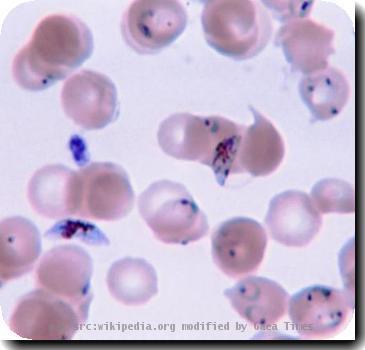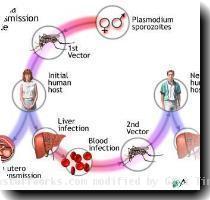Panama first lady raising money to deliver medical supplies to homeland’s indigenous people
By Ivan Moreno, APWednesday, July 21, 2010
Panama first lady seeks money for medical supplies
DENVER — The first lady of Panama said Wednesday she wants to decrease the infant mortality rate in her country by creating help centers in the remote areas where the hard-to-reach and impoverished indigenous population live.
First lady Marta Martinelli focused her speech at a Denver luncheon with hundreds of business and community leaders on the health problems of her country’s indigenous population, saying they live in some of the most remote areas of Panama and are far from the medical care they need.
Martinelli’s husband, Ricardo Martinelli, was sworn in as president last year in July.
The luncheon Wednesday was hosted by Project CURE, a Colorado-based nonprofit that delivers medical supplies to the developing world. The event’s goal was to raise enough money to deliver $3 million worth of medical supplies to hospitals and clinics in Panama.
Previous Project CURE fundraisers have raised more than $7 million combined for Mexico, El Salvador, Belize and Ghana.
Martinelli told The Associated Press that she wants to build health centers in those remote areas so that women can monitor their pregnancies. She said that indigenous women usually wait until shortly before going into labor to seek help, which is often far away.
The lack of immediate medical attention has led to high infant mortality rates.
She told the AP that it is difficult to gain the confidence of indigenous communities, who sometimes don’t trust doctors and often rely on their own healers, known as curanderos.
Martinelli told the donors during the event that the support would also help her country’s goals of decreasing child mortality, improving maternal health, and helping to combat HIV, malaria and other diseases.
“However, I repeat, this agenda and these goals are constantly threatened by the tragic situation prevailing in indigenous communities,” Martinelli said. “These people are living in remote areas of difficult geographic access in a country struggling for greater equality and a better distribution of wealth and opportunities.”
Martinelli said the most recent population count showed that about 285,000 people — 10 percent of Panama’s population — are indigenous, the majority of which lives in poverty. She said the most common illnesses among adults and children are diarrhea, and respiratory and stomach problems.
She said her government’s concern is that “our indigenous brothers and sisters” are at times separated by natural and cultural barriers from the rest of the population.
“Life in the forested mountains of the Cordillera is very hard. Communities lack the conditions for healthy living,” she said. “In addition, the indigenous population migrates constantly following harvesting and hunting or seasonal jobs.”
“This frequent migration makes it very difficult to schedule frequent health checks,” she added.
Tags: Central America, Colorado, Death Rates, Demographics, Denver, Health Statistics, Latin America And Caribbean, North America, Panama, United States

